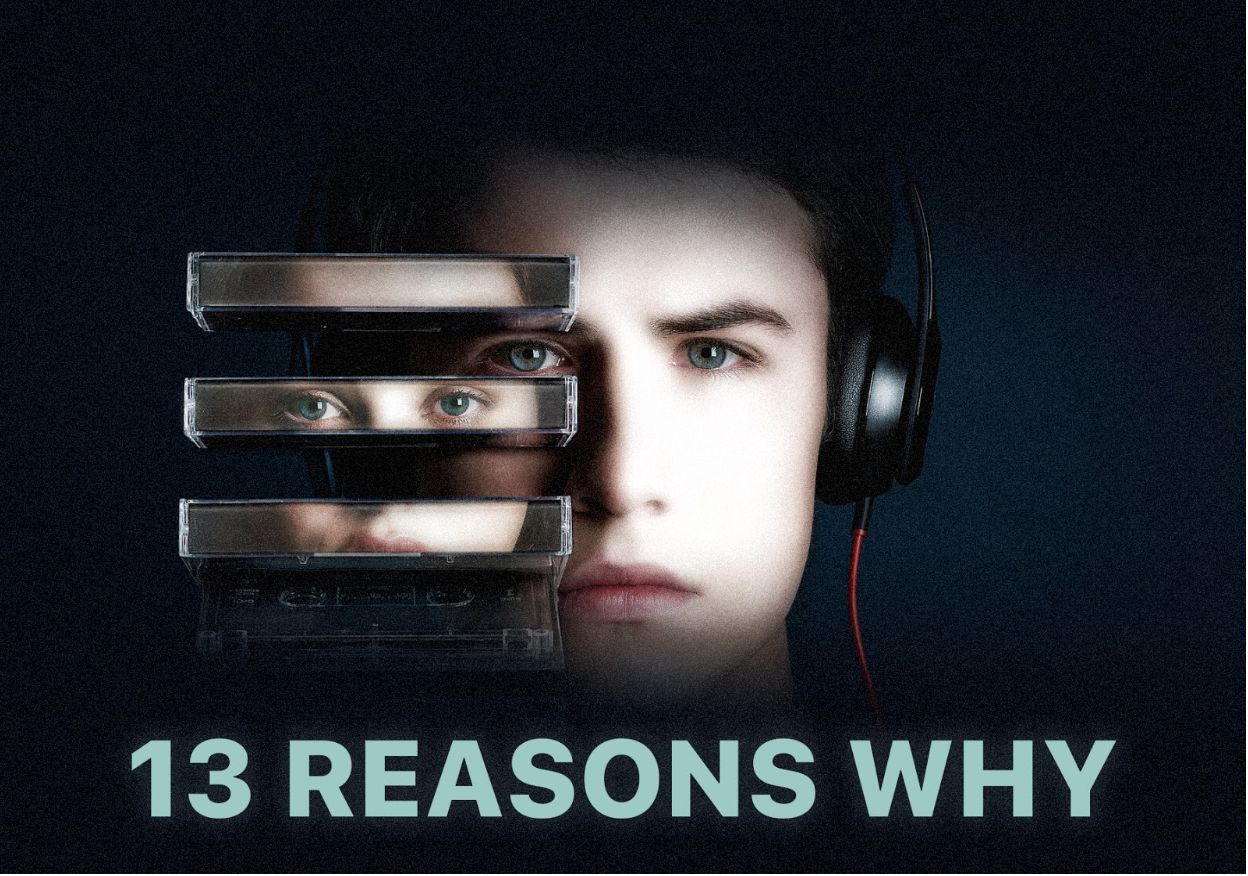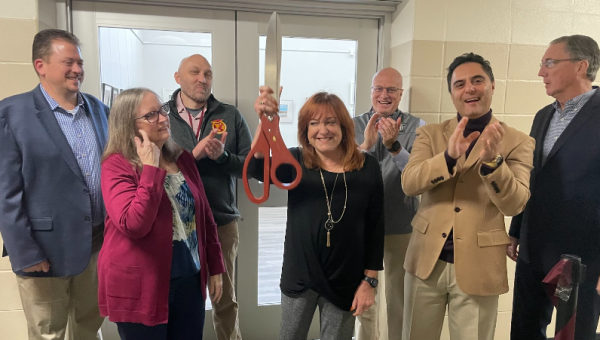The “Thirteen Reasons Why” Controversy
The new Netflix series “Thirteen Reasons Why” has brought up the need for discussion in the teenage and adult communities. If you are one of the many who have watched this empowering, yet controversial hit show, you are aware of the strong emotional impact of the show’s content. By addressing multiple issues young people face, “Thirteen Reasons Why” has shed light on the daily struggle those who suffer from depression face, helping those inflicted and becoming an information source for the bystanders and friends or family of those in pain. However, opponents to the show believe the series could have potentially negative effects by “glorifying” suicide as a way of revenge.
As a result of the topics discussed in the show, parents are skeptical as to whether or not to let their children watch. According to The Hollywood Gossip, it “raised numerous red flags for mental health experts.” Various organizations such as schools and churches have sent letters home to households warning adults to not let their kids watch it without supervision. Mycaela Reilly, a Walt Whitman sophomore, said that she liked the show, but thought that the main character, Hannah Baker, did not have to “kill [herself] to get that reaction.” Instead of committing suicide, there were other ways she could have approached the situation such as confronting the people or reaching out to her parents for help.
Executive producer, Selena Gomez, feels that the show has been misinterpreted. It was originally designed to “have an impact on viewers,” but in a positive way. As stated by CBS, she has “struggled with depression herself,” so she tried to make the series “as real as it can possibly get.” Suicide is the second leading cause of death for teenagers between the ages of 15 and 19, so it is important for those who suffer from depression to realize they are not alone.
Walt Whitman sophomore Iza Choudrey says “the show seemed unrealistic with all that was going on,” but also believed it did “a good job executing its theme” by describing issues most high schoolers face. She felt some of the main characters’ problems were “solvable,” and that Hannah “allowed others to pick on her and didn’t do anything to stop it.” She feels that overall the show did a great job of giving hope to viewers who were facing similar issues.
Josh Muellers, a Walt Whitman student, said that he thought the show was “fantastically written” with a “great message.” When asked if there was anything he wishes he could change, Josh replied, “there isn’t anything they could’ve done anything better.” When interviewed by Teen Vogue alongside co-star Dylan Minnette, Katherine Langford described the effects this show could have on many viewers. She emphasized how the diversity of issues discussed within the show can make it all the more relatable to its audience. Langford voiced, “It’s not just a show about suicide, it’s not just a show about bullying, it’s kind of like this is a show about life at these ages and what happens in between.” She feels it is “truth-telling,” as it addresses the main issues adolescents and young adults endure.
Although some critics feel that “Thirteen Reasons Why” should not be watched by teenagers, it is overall an informative work that has the potential to help people suffering from depression. Both sides agree that it leaves a lasting impact on viewers and gives them a new perspective on a heavy but pressing subject.





